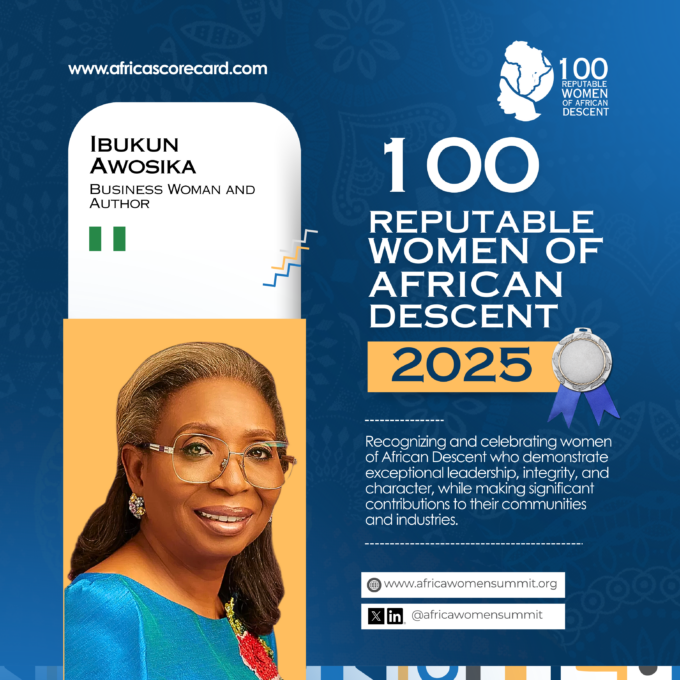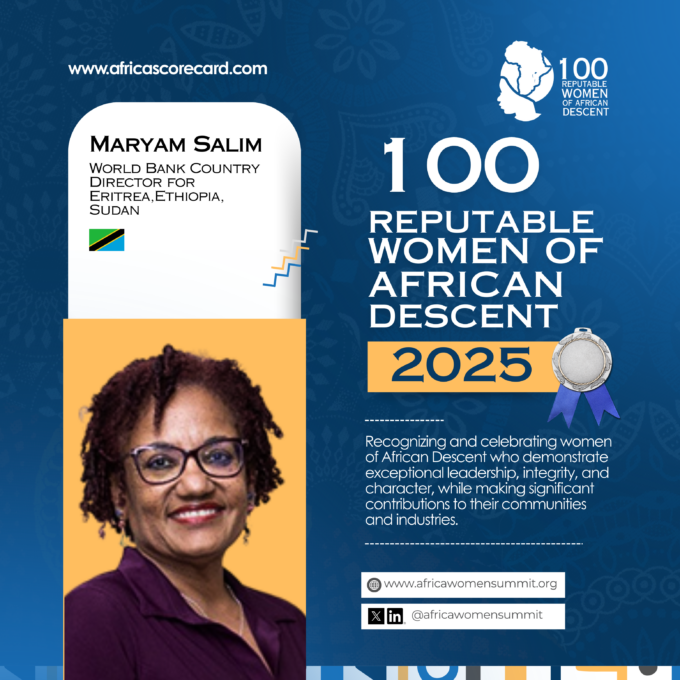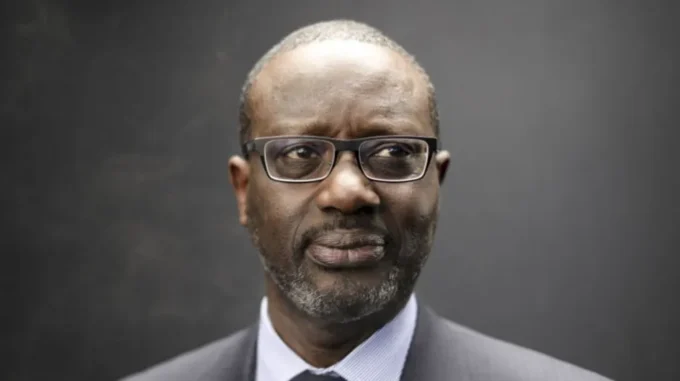Ghana has officially banned all foreign nationals from participating in its local gold trading market in a sweeping effort to boost national revenue, strengthen its economy, and combat illegal mining. This move follows the recent enactment of a new law that establishes the Ghana Gold Board (GoldBod) as the exclusive authority over gold mining operations in the country. The legislation, signed into law by President John Mahama on April 2, 2025, grants GoldBod full control as the sole buyer, seller, and exporter of all gold produced by the artisanal and small-scale mining (ASM) sector.
Under this new directive, all foreign individuals and entities involved in local gold trading must cease operations by April 30, 2025. GoldBod spokesperson Prince Kwame Minkah emphasized that the measure aims to streamline the gold industry, eliminate unauthorized activities, and improve transparency and accountability. While foreigners will no longer be allowed to participate in the local value chain, they will still have the opportunity to apply for licenses to purchase gold directly from GoldBod through official channels.
Ghana, the largest gold producer in Africa and the sixth largest globally, has long grappled with the environmental and economic consequences of illegal gold mining, commonly referred to as “galamsey.” Despite several government-led military operations aimed at halting these activities, illegal mining has continued to flourish, largely driven by high youth unemployment rates and rising international gold prices. The environmental damage caused by these operations has been significant, with more than 60% of Ghana’s water bodies affected by pollution and degradation.
The government has allocated $279 million to GoldBod to support the purchase and export of at least three tonnes of gold per week. All transactions will be conducted in Ghana’s local currency, the cedi, and priced based on the Bank of Ghana’s official exchange rates. The licenses of all local dealers have been revoked, but they have been granted a brief transition period before the new law is fully enforced. It is now considered a punishable offense to purchase or trade gold in Ghana without a valid license issued by GoldBod.
This initiative is expected to significantly enhance Ghana’s foreign exchange inflows and stabilize the local currency. Finance Minister Cassel Ato Forson stated that the restructuring of the gold sector is a crucial step toward improving the nation’s economic stability and increasing its control over a major natural resource. However, industry leaders have expressed concerns about the government’s capacity to purchase all the gold from the ASM sector. Kwaku Effah Asuahene, chairman of the Chamber of Bullion Traders Ghana, voiced support for the reform but suggested that a public-private partnership model involving foreign investors would have been more sustainable.
While GoldBod has not been specifically tasked with addressing illegal mining, the new regulatory framework is expected to make it more difficult for illegal operators to sell gold within Ghana. Analysts believe this policy sends a strong signal to foreign players, particularly Chinese nationals who have historically dominated the informal mining space, often ignoring environmental regulations and local laws. Mining governance consultant Nana Asante Krobea noted that the law, if effectively implemented, could bring much-needed order and revenue to the sector.
Ghana’s gold exports surged by 53.2% in the past year, reaching $11.64 billion, with nearly $5 billion attributed to legal small-scale miners. As global gold prices recently soared to $3,200 per ounce due to economic uncertainties and global trade tensions, Ghana’s government views the sector as a key lever for economic recovery and growth. The new law is widely regarded as the first major step by President Mahama’s administration to fulfill its promises of combating illegal mining and reforming the gold industry for long-term sustainability.













Leave a comment